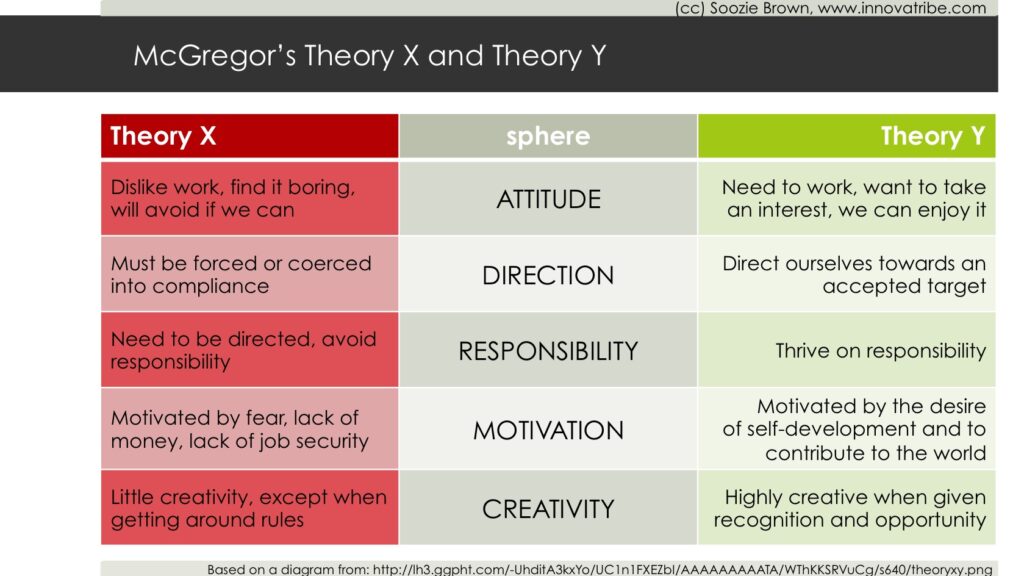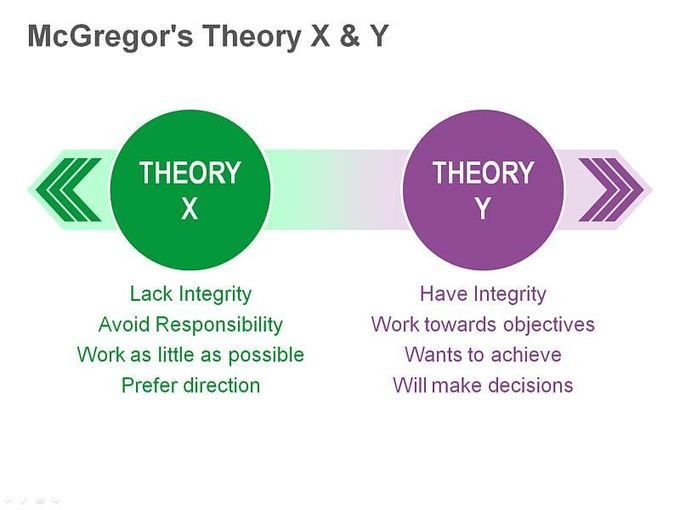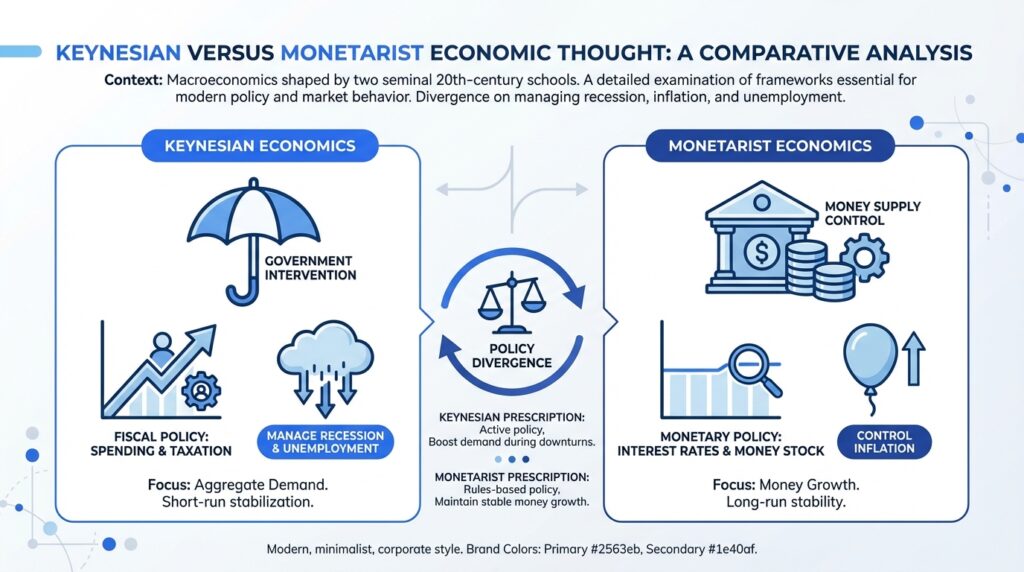
McGregor Theory X and Y: Understanding Management Styles for Organisational Success
In the realm of organisational behaviour and human resources, understanding different management theories is crucial for creating a positive workplace culture. McGregor’s Theory X and Y is a theory created by Douglas McGregor in the 1960s. It presents two different management styles and how they affect employee motivation and productivity.
McGregor’s Theory X is based on the assumption that employees are inherently lazy, lack ambition, and need constant supervision. Managers who adhere to this theory tend to adopt an authoritarian style of management, closely monitoring their employees and using strict control mechanisms. They believe that punishment and rewards are the primary motivators for employees to perform their tasks efficiently.
On the other hand, McGregor’s Theory Y takes a more positive and participatory approach towards management. It assumes that employees are self-motivated, responsible, and capable of making significant contributions to the organization. Managers who embrace Theory Y foster a workplace culture that encourages autonomy, creativity, and open communication. They believe that employees are driven by intrinsic factors such as personal growth, job satisfaction, and a sense of belonging.
While both Theory X and Y offer distinct management styles, McGregor argued that Theory Y is more effective in achieving long-term success for organizations. According to him, by empowering employees and giving them greater autonomy, managers can tap into their full potential and foster a positive work environment. This, in turn, leads to higher productivity, job satisfaction, and employee engagement.
Implementing McGregor’s Theory Y requires a significant shift in management mindset and practices. Managers need to trust their employees, delegate tasks, and provide opportunities for growth and development. They should focus on building strong relationships with their teams, fostering open communication, and encouraging collaboration. By adopting Theory Y principles, managers can create a culture of shared goals, mutual respect, and continuous learning.
In today’s fast-paced and dynamic business world, McGregor’s Theory X and Y remain relevant and applicable. Organizations that embrace Theory Y principles often experience higher employee retention rates, reduced absenteeism, and improved overall performance. Moreover, a positive workplace culture built on trust and empowerment attracts top talent and enhances the organization’s reputation as an employer of choice.
In conclusion, understanding McGregor’s Theory X and Y is essential for effective management and creating a positive workplace culture. By shifting towards Theory Y, managers can empower their employees, foster motivation, and create an environment conducive to success. Embracing Theory Y principles not only benefits the organization but also enhances employee satisfaction and engagement. As the world of work continues to evolve, it is crucial for managers to adapt their management styles and leverage these theories to drive organizational success.





